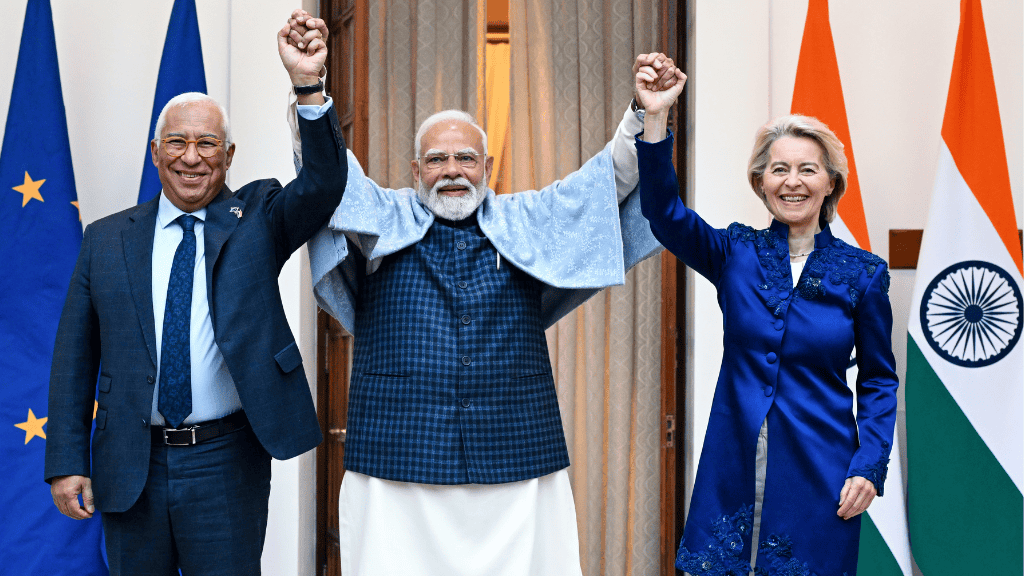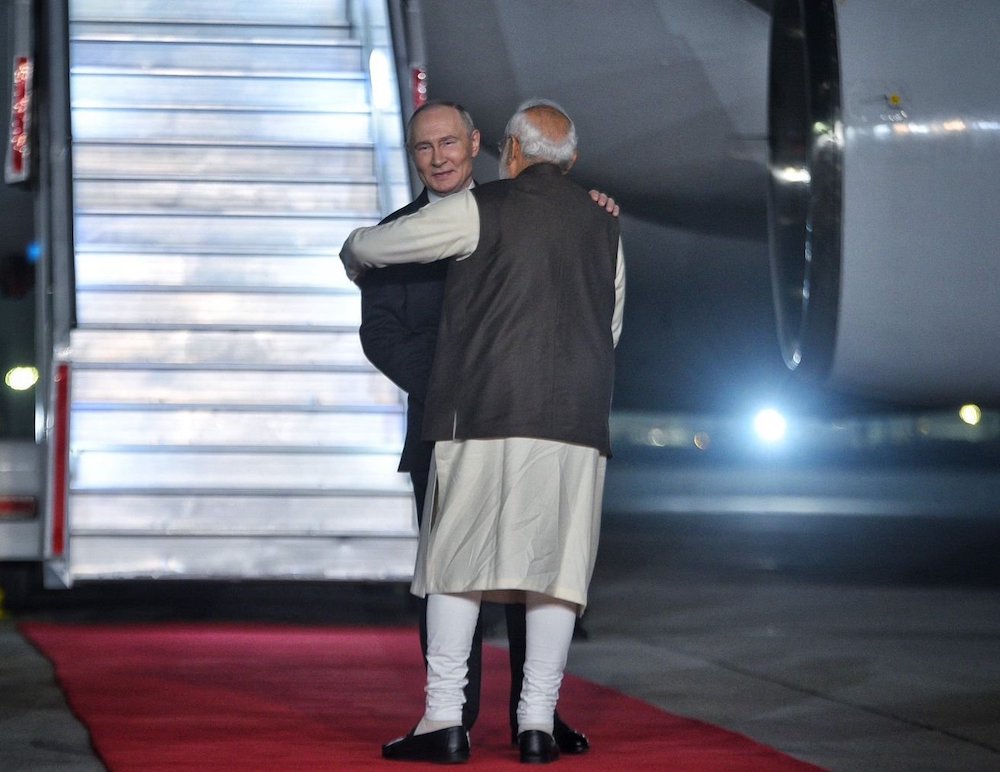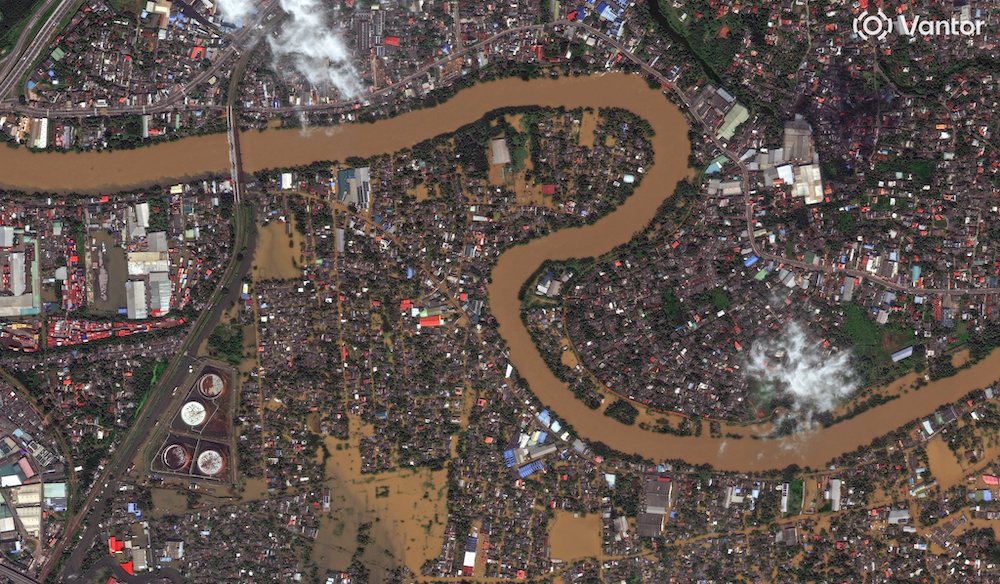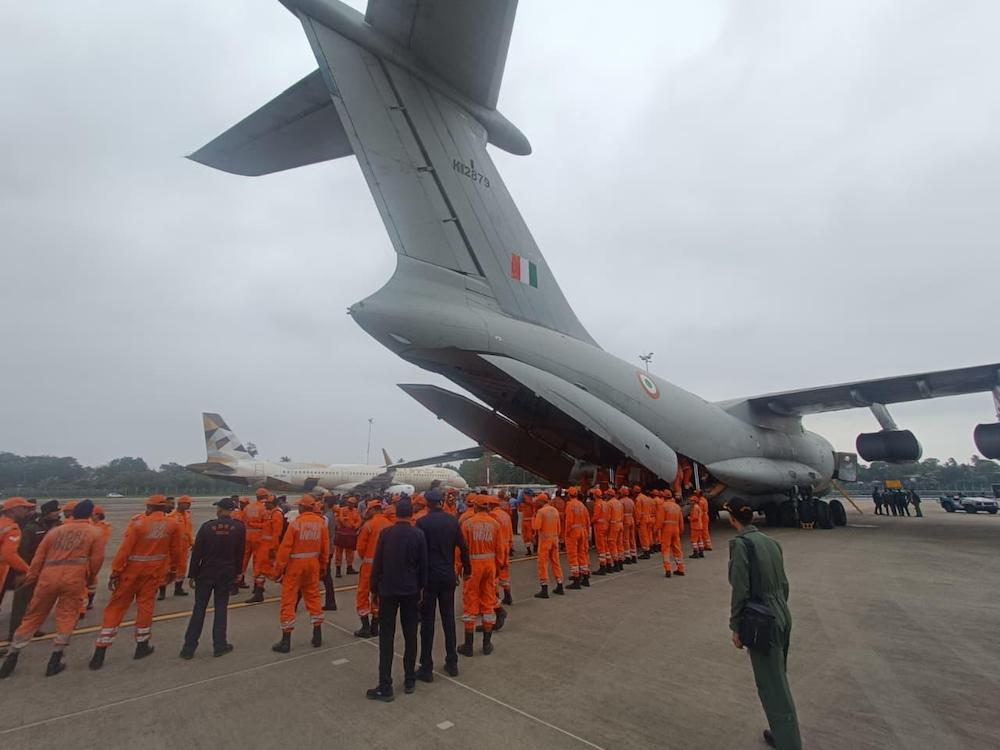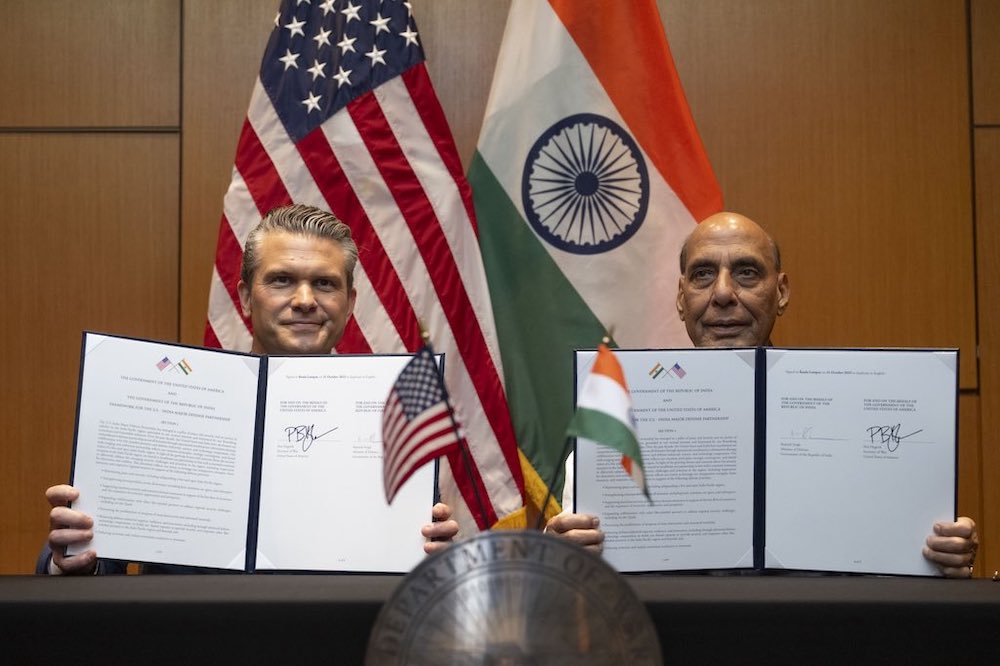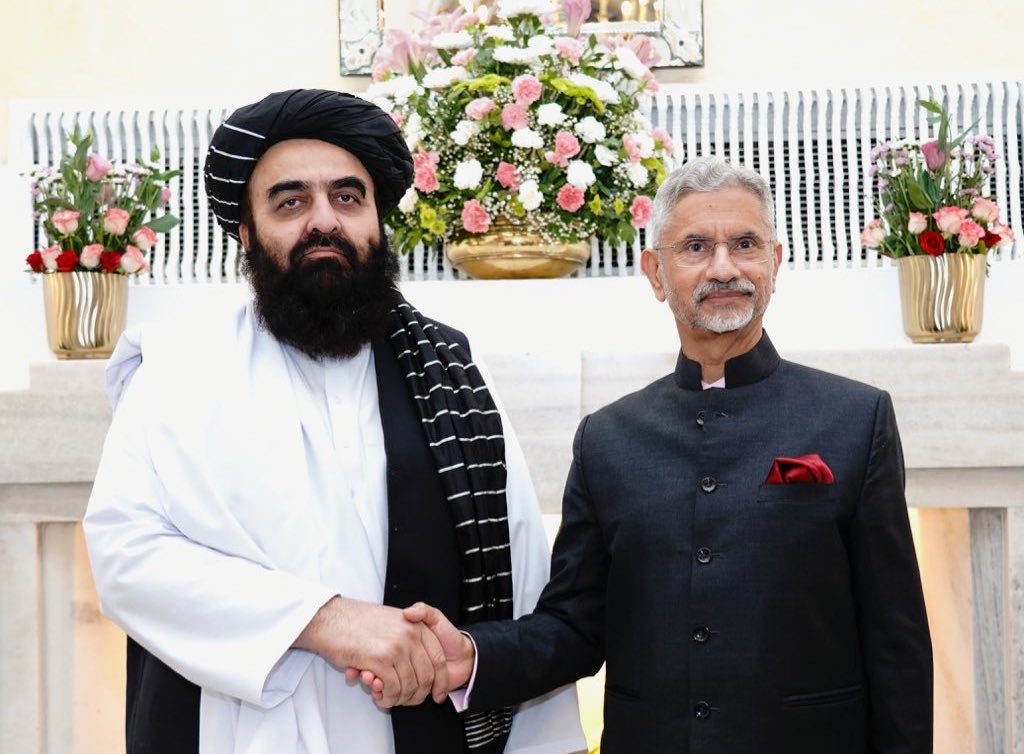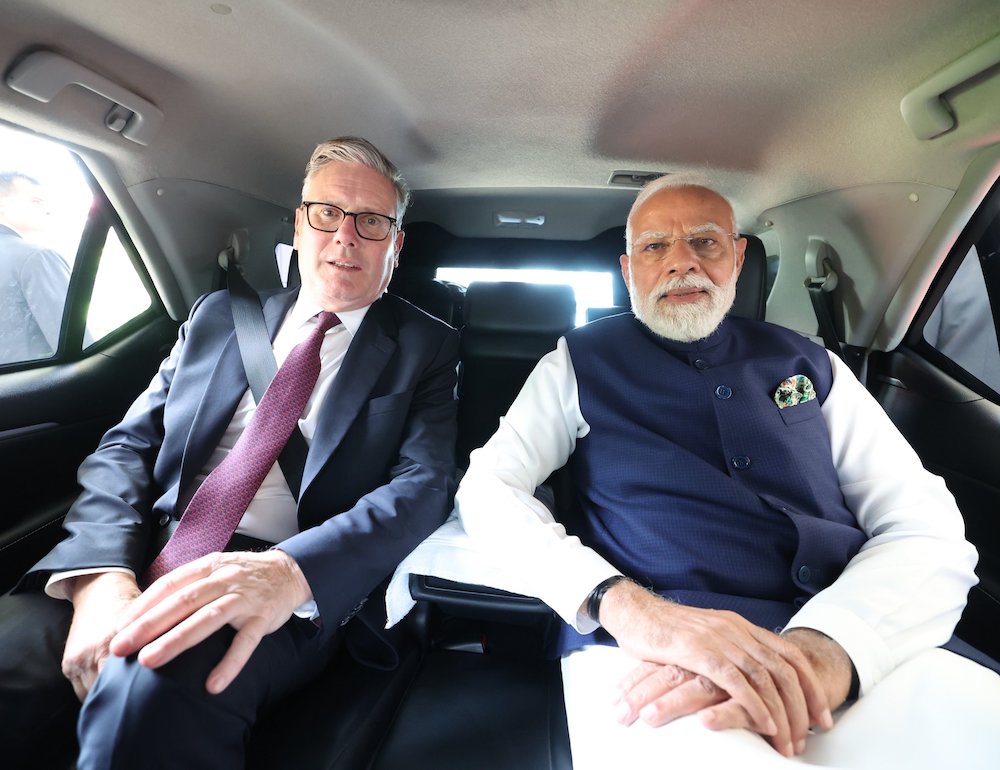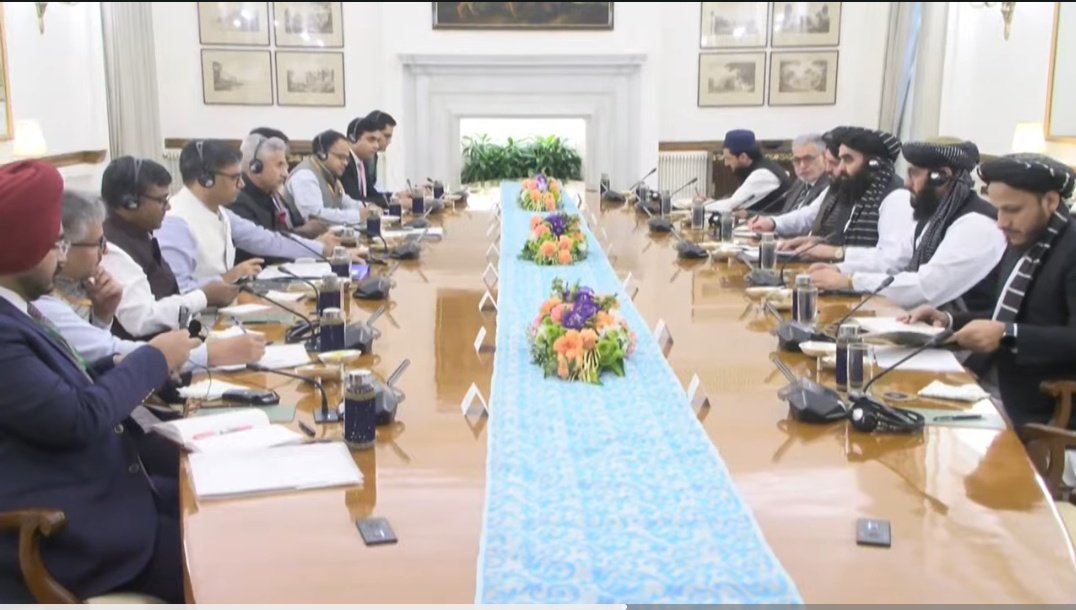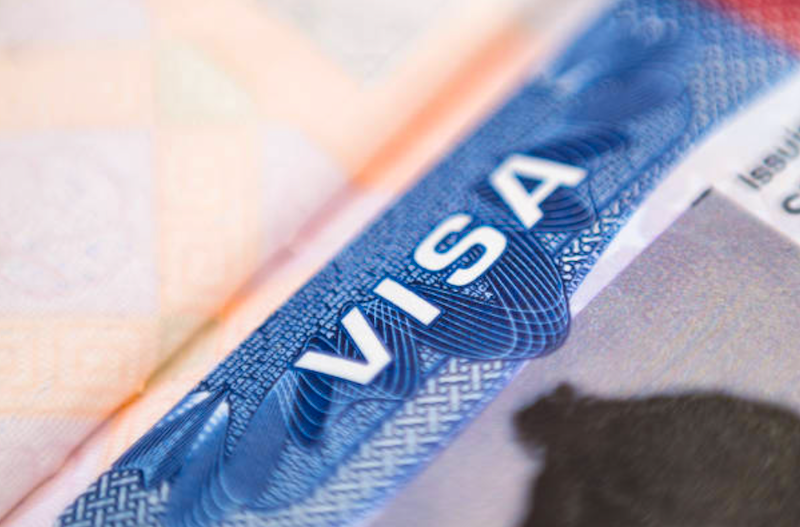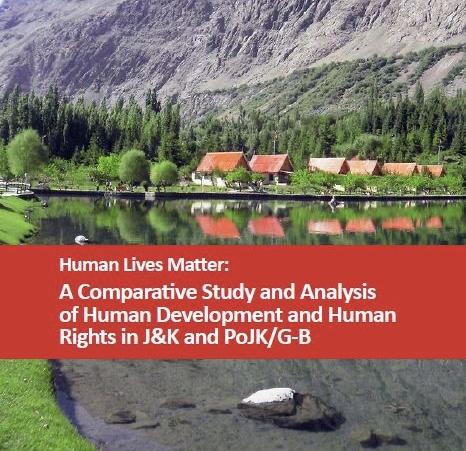 New Delhi: India should join other global powers to stop China from backing Pakistan and only if the China-Pakistan nexus is broken can the question of Kashmir between New Delhi and Islamabad be resolved, a senior Uighur leader, currently in self-imposed exile in the United States, has said.
New Delhi: India should join other global powers to stop China from backing Pakistan and only if the China-Pakistan nexus is broken can the question of Kashmir between New Delhi and Islamabad be resolved, a senior Uighur leader, currently in self-imposed exile in the United States, has said.
He also called Pakistan "a fake democracy, living in the middle ages" and argued that Islamabad was using the religion to fan terrorism in both Kashmir and Afghanistan.
"If we can stop China backing Pakistan, then the question of Jammu and Kashmir can be peacefully solved," Ilshat Hassan Kokbore, Director of the Chinese Affairs Department of the World Uyghur Congress said.
He was speaking after releasing a 48-page Report on 'Comparative Study of Human Development and Human Rights in Jammu and Kashmir and Pakistan-occupied Kashmir and Gilgit-Baltistan' done by Delhi-headquartered think-tank Law and Society Alliance.
"If we want to find a solution for Uighur and Jammu and Kashmir issues, we need to stop China. The route is in China. This is the number one threat to humanity. Then I am sure, the issues of Jammu and Kashmir and Uighurs would be peacefully solved," Kokbore said at a webinar on Wednesday evening jointly organised by Defence Capital, an Indian defence and strategic affairs publication.
"I don't think without China’s support, Pakistan can continue its terrorism. If we counter China, Pakistan will come to the table to find a solution to the Jammu and Kashmir question."
Other speakers at the webinar included Kashmiri-origin senior journalist Aarti Tikoo, social activist and political analyst Yana Mirchandani, and Chairman of Sunrise in Kashmir Faaiz Dijoo.
"The Pakistan government is corrupt, and that nation is a fake democracy, living in the middle ages. They are using Islam to support a few terrorist groups in Afghanistan and Kashmir to create problems," Kokbore said, speaking through video conferencing from Washington DC.
Calling for India to take up the leadership role to counter China, the Uighur leader said India must support the cause of democracy in China, particularly the movements in Hong Kong, Tibet, and East Turkestan. "If China becomes a democracy, we shall find a solution to the Uighur issue, and India could find a solution to the border issue."
Kokbore criticised Muslim-majority nations for their silence on the persecution of Uighurs and said that the world has resorted to appeasement of China. "The US is speaking, Europe is speaking, India has started to speak, but we didn't hear anything from the Islamic and Turkic world. They are all silent. They are going into bilateral agreements with China. We are left with no choice."
In her comments, Aarti Tikoo quoted the Freedom House Index to highlight that people of Pakistan-occupied Kashmir and Gilgit-Baltistan were not enjoying freedom at all, while the people of Jammu and Kashmir enjoyed much more freedom. Tikoo blamed Pakistan-sponsored terrorism in Jammu and Kashmir for the security-related curbs to freedoms that one witnesses today in the region that has completed one year as a union territory earlier this month.
"Therefore, some indicators in the study report of Law and Society Alliance released today must not be equally good as compared to other states of India, and some institutions might not have optimally performed that well, but the Union Territory is still is way ahead of Pakistan-occupied Kashmir and Gilgit-Baltistan," Tikoo said.
"The narrative of Pakistan tries to highlight that everything is going well in PoK and G-B, and there is no dissent or problems, and people are happy everywhere. If this would have been the case, the Freedom House Index must not have reflected such harsh realities."
On the human rights condition, she said India had given access to Amnesty International and Human Rights Watch, and other prominent international human rights groups to study the situation in Jammu and Kashmir. Contrarily, Pakistan has never given access to international human rights defenders to Pakistan-occupied Kashmir and Gilgit-Baltistan.
On the attempts of Pakistan to change the demography of PoK and G-B, she highlighted, "Pakistan has ensured a rapid demographic change in PoK and G-B through laws and by settling down populations from other parts of Pakistan. In the last 70 years, India ensured that there is no demographic change in the population in J&K and it continues to maintain a Muslim-majority character. The only community that was ethnically cleansed were Kashmiri Hindus. Hence, Pakistan was able to ensure a demographic change in PoK & G-B, and the Indian side of J&K as well."
Dijoo, in his remarks, argued in favour of relaxing the communication curbs that include lack of 4G mobile phone connectivity, and for reopening of schools and colleges that have remained closed since the Article 370 of the Indian constitution was rendered ineffective by the Indian parliament in August last year.
He also said human rights violations should not be compared between Jammu and Kashmir versus Pakistan-occupied Kashmir and Gilgit-Baltistan, as the study report released today too talks of human lives matter in the entire region.
Advocating an increase in sporting infrastructure in Jammu and Kashmir, Dijoo said sports would also make the youth in J&K more disciplined. "This shall bring down stone-pelting and militancy. The Indian government needs to give reasons for youngsters to not indulge in militancy."
Dijoo also said the Indian government needs to create avenues to produce revenues. "The entire Kashmir is being trapped in drugs abuse now. We need to engage and address the youth. That is how we are going to make a change."
Yana Mirchandani argued that in the earlier regimes in Jammu and Kashmir, funds allocated by the Indian government were gobbled up by corrupt politicians in the erstwhile state. "The politicians of the erstwhile state and Article 370 of the Indian constitution did not allow the people of Kashmir to bond with the Indian state. That was the reason the Indian parliament had to do away with Article 370 and the discriminatory Article 35A."
On the question of unemployment raised by Dijoo, Mirchandani said the Pakistan-sponsored terrorism in Jammu and Kashmir was not allowing foreign investments to come in and the now abrogated Article 370 obstructed the implementation of certain laws inviting investment. "Kashmiris are one of the most talented people in India. But they need to invite private investment in the state to get jobs.
She noted that the Indian Army that was deployed to protect the local population from terror attacks are being stone-pelted by vested interests in the state. "Personal vendettas between two locals that result in crimes are blamed on the Indian Army and the force that is there to protect us is being painted as the villain," she said.
Mirchandani also talked about the opportunities from tourism that is only possible in Jammu and Kashmir and not in Pakistan-occupied Kashmir or Gilgit-Baltistan due to the enforcement of strict curbs by the Pakistan government in that region.
"The entire Himalayan region is well endowed by natural beauty. Tourism is our main source of income and has taken a hit since the Pulwama terror attack by Pakistan-sponsored terror group."
Responding to a question on the role of Panchayati Raj institutions in Jammu and Kashmir, she said such institutions shall further establish the trust of Kashmiris in democracy and governance. "We are seeing a wonderful turnout of voters in local body elections. But we have also been seeing targeted killings of Sarpanches in the past few days. Muslim majority voters elected a Hindu sarpanch. So, it is a good way to bring Hindus and Muslims together."

